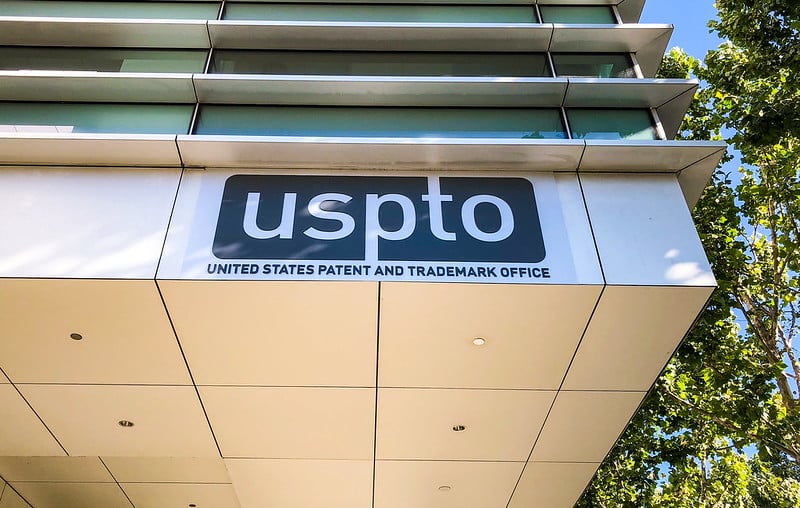The main reason that trademark holders must enforce and protect their trademark rights is that, without enforcement/protection, the trademark itself can be destroyed, and trademark rights will cease to exist. This can occur in two ways: destruction of the functioning of the trademark as a trademark and genericide. Genericide is when a trademark becomes, in the minds of consumers, the generic name for the industry-wide product or service.
To begin, a trademark functions by creating, in the mind of consumers, a connection — an association — between the trademark and a particular product or service that is made or provided by a particular commercial source. If a trademark holder allows anyone and everyone to use their trademark, then the functioning of the trademark will be lost.
We can easily understand this with an example. The trademark COCA COLA is a famous trademark that is associated with a particular type of carbonated cola-flavored soft drink. It is now also associated with a series of beverages made by the Coca-Cola company, such as SPRITE, DIET COKE, etc. These are also trademarks owned by the Coca-Cola company.
Now, imagine that the company allowed the COCA-COLA trademark — including the stylized lettering and colors — to be used by others for anything. There might be COCA-COLA shoes, perfume, cars and automobiles, software, tax return preparation services, other types of soft drinks, alcohol, home furnishing, kitchen products, and more. As can be imagined, at some point, seeing so many products and services “branded” as COCA-COLA, consumers will be confused, and the trademark will simply stop functioning. It will not be associated with soft drinks anymore; it won’t be associated with any product or service. When a trademark stops functioning as a trademark, there are no trademark rights to enforce. This can be seen as an extreme form of trademark dilution: the dilution is so extensive that the trademark is simply destroyed.
This sort of trademark destruction/dilution will only happen slowly with a very famous trademark like COCA-COLA. But, with new trademarks, destruction of functionality can happen quickly, and in some cases, this can prevent the trademark from ever achieving functionality.
A similar — but narrower — problem is genericide. As noted, genericide occurs when consumers come to think of the trademark as the generic/common name for an industry or type of product/service. ZIPPER is a famous example here. ZIPPER was once a trademark, but in a short time, consumers just began to use the word generically for that type of fastening device. The trademark ZIPPER lost its function as a trademark and, eventually, entirely stopped being a trademark.
Another reason why trademark holders must enforce/protect their trademark rights is to prevent trademark tarnishment. Aside from associating a product/service with a commercial source, trademarks become associated, in the minds of consumers, with certain qualities like flavor, good workmanship, luxury, etc. Without protecting and enforcing trademark rights, those associated qualities can be damaged. This is particularly important when licensing trademarks for use by others, like in a franchise-franchisee relationship. If, for example, the trademark licensee uses sub-standard ingredients and materials, the qualities important to the trademark holder – such as flavor – will be tarnished.
For these and other reasons, trademark holders must enforce/protect their trademark rights
Contact the Trademark Attorneys at Revision Legal
For more information, contact the experienced Trademark Lawyers at Revision Legal. You can contact us through the form on this page or call (855) 473-8474.




